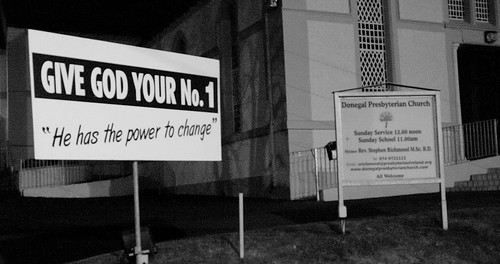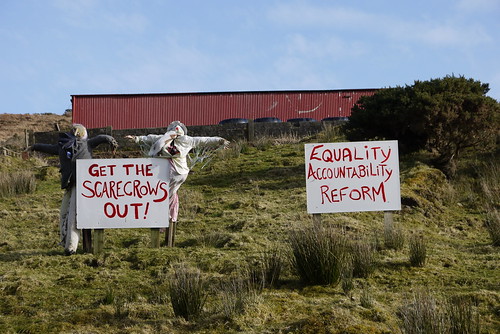Paul Krugman was asked for his reaction to a piece by Alan Greenspan opining that Obama’s ‘activism’ was preventing economic recovery. He replied as follows:
I could go through the weak reasoning, the shoddy econometrics that ignores a large literature on business investment and ignores simultaneity problems, etc., etc..
But never mind; just consider the tone.
Greenspan writes in characteristic form: other people may have their models, but he’s the wise oracle who knows the deep mysteries of human behavior, who can discern patterns based on his ineffable knowledge of economic psychology and history.
Sorry, but he doesn’t get to do that any more. 2011 is not 2006. Greenspan is an ex-Maestro; his reputation is pushing up the daisies, it’s gone to meet its maker, it’s joined the choir invisible.
He’s no longer the Man Who Knows; he’s the man who presided over an economy careening to the worst economic crisis since the Great Depression — and who saw no evil, heard no evil, refused to do anything about subprime, insisted that derivatives made the financial system more stable, denied not only that there was a national housing bubble but that such a bubble was even possible.
If he wants to redeem himself through hard and serious reflection about how he got it so wrong, fine — and I’d be interested in listening. If he thinks he can still lecture us from his pedestal of wisdom, he’s wasting our time.



